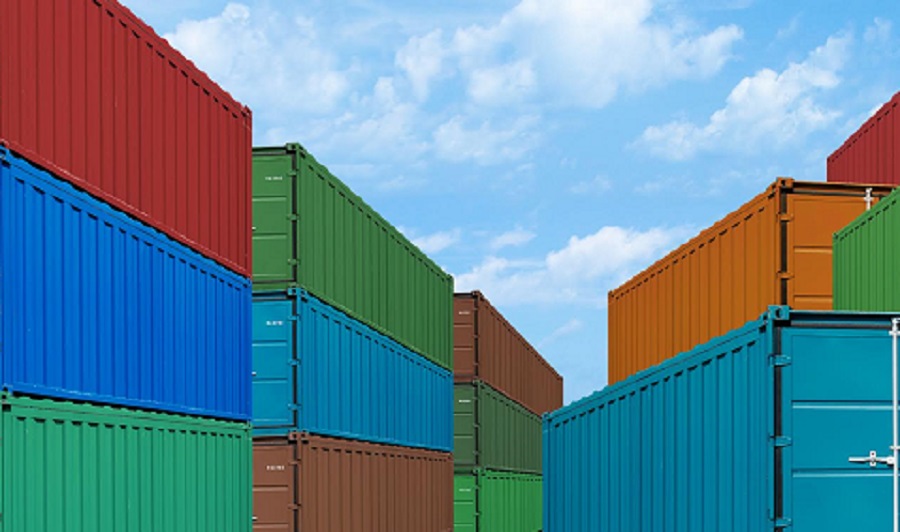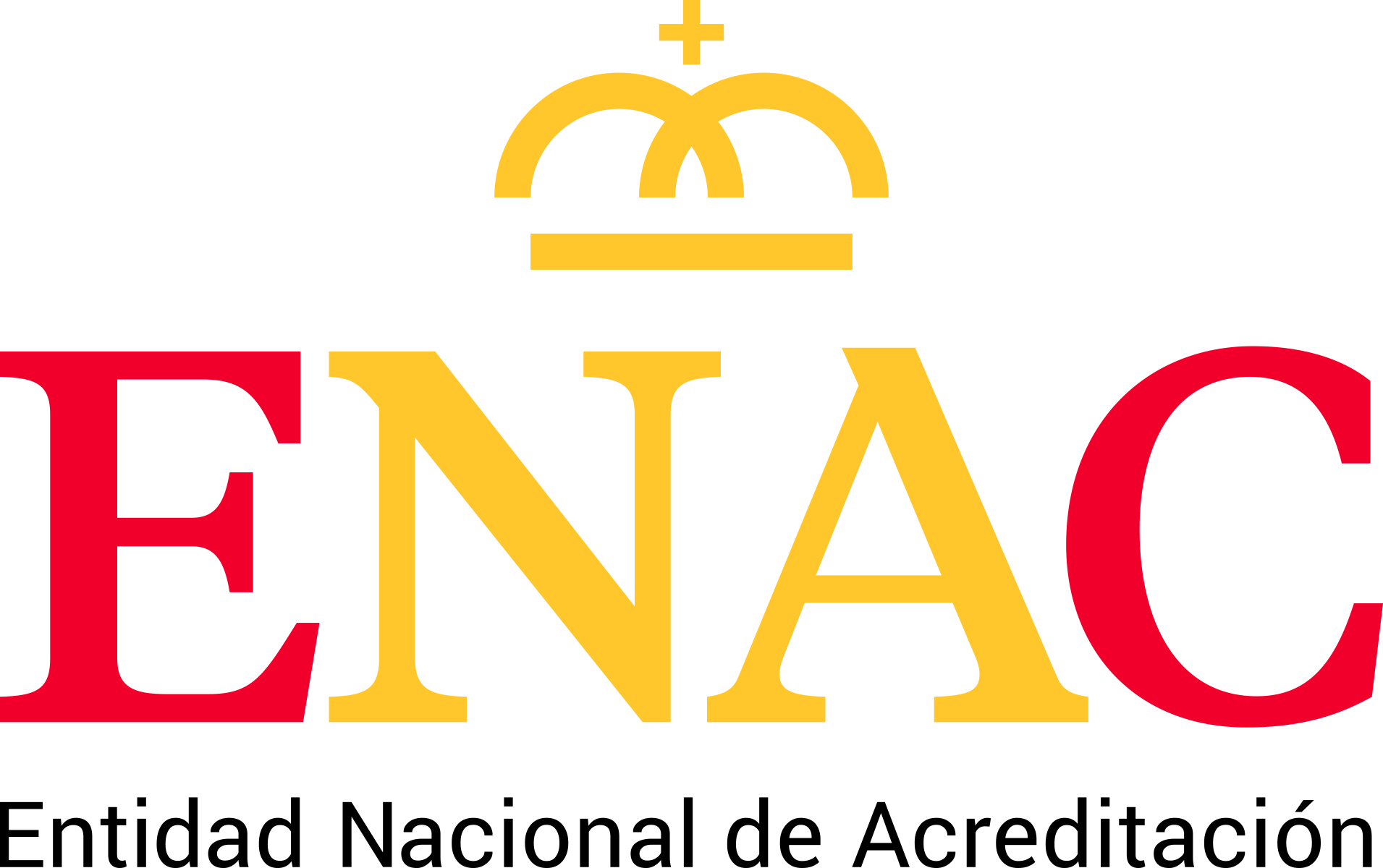certificates-recognized-export
The lack of certificate or standardization recognition, an issue for Spanish companies exporting within the European Union

The latest report "Open line for identifying problems for Spanish companies in the single European market", presented by the CEOE, in collaboration with ICEX and the Ministry of Economy, Industry and Competitiveness, reveals that one of the main obstacles for Spanish companies when it comes to exporting within the EU is the lack of recognition of certificates or standardizations obtained in Spain.
According to the report: “the trade barriers presenting more than 70% of the obstacles for Spanish companies are those relating to technical standards [official or private technical specifications defining the required characteristics of the product, such as composition (quality levels or properties)]. Among them, the most numerous relate to the lack of harmonization, requiring companies to comply with the rules of each Member State, and those due to non-recognition of certificates or standardizations obtained in Spain. To avoid this latter type of obstacle, Member States must apply the principle of mutual recognition to give companies the necessary confidence in procedures carried out in other Member States, avoiding non-environmentally friendly or protectionist practices”.
Relating to the principles of mutual recognition, the National Accreditation Body (ENAC) recalls that according to the provisions in regulation 765/2008 governing accreditation in Europe: “the national authorities shall recognise the equivalent services provided by the accreditation bodies which have undergone successful peer assessment under article 10, on the basis of the presumption referred to in paragraph 1, such bodies' accreditation certificates and the certifications issued by conformity assessment bodies accredited by them shall be thereby accepted”.
Additionally, ENAC's accreditations are also recognized by accreditation bodies from more than 90 countries, including all EU Member States, as it is a signatory of all recognition agreements promoted by the international organizations: European Accreditation (EA), International Laboratory Accreditation Cooperation (ILAC) and International Accreditation Forum (IAF).
For this reason, exporting firms should choose accredited bodies when they need to provide certificates or test reports with their exports and demand that the ENAC mark is included, as this will minimize the odds of them being rejected either in the EU or the rest of the world.
Accreditation News
Accreditation News is published quarterly and sent to organizations and to people who have asked to be included on its mailing list.
Would you like to receive a free copy of Accreditation News? Subscribe here.

